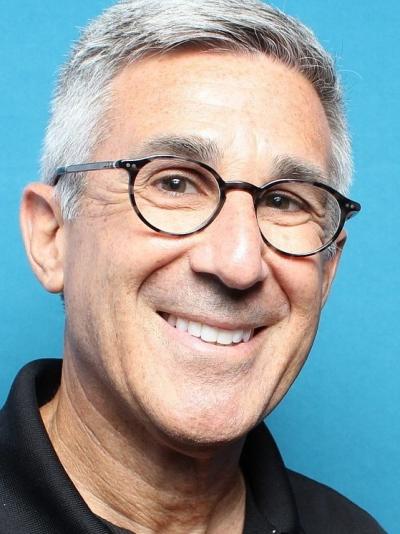The Global Crowd Management Alliance officially launched at the beginning of December, bringing together crowd managers, organizations, businesses, academics, and individuals with a shared interest in safety from around the world.
The initiative is being spearheaded by the Event Safety Alliance (ESA) in the US, and the United Kingdom Crowd Management Association (UKCMA), and Event Safety Alliance Canada (ESAC). There are board members and advocates from at least15 countries.
Live Design talked to Steven A. Adelman, GCMA’s deputy chair and vice president of the Event Safety Alliance (US) and Donald Cooper, executive director of the Event Safety Alliance (US) about the new organization and ESA's response following the recent Astroworld tragedy.
Live Design: How long has GCMA been in the works? Was it formed in response to the resent tragedy at Astroworld or were there plans for a global alliance before then?
Steven A. Adelman: The idea to create a crowd management organization for North America began in mid-2019. By late that year we concluded that the organization should include members from at least the U.S., Canada, and UK. As we discussed the idea with smart friends in other countries, it grew into a global effort that has been in the works for two years. Crowd management has always been an important safety issue, as illustrated this year alone by the deadly crowd crush during an Israeli religious festival last Spring, Astroworld, and the parade disaster in Waukesha.

LD: How much of a concern should we have that many seasoned professionals left during the Covid pandemic, taking their wisdom and experience along with them? Also, there are many people who did not work for 18 months and may be rusty about certain things?
SA: The global labor shortage is a source of concern for everyone who hires temporary and hourly workers, just as it should be a concern for everyone who relies on such workers to provide services on which they rely.
LD:What will the education component of the Alliance look like? Do you plan on having virtual training sessions or local workshops?
SA: To accommodate a global membership, virtual training options will be an integral part of GCMA’s programming even after all pandemic-related travel restrictions have been lifted. In addition, GCMA will offer in-person options, including an annual event at a destination that will appeal to members and their families.
LD: Will you implement advanced certification programs, and if so, will they be recognized globally?
SA: It is our intention to pool our collective knowledge and experience and build on existing resources to create advanced certification programs that will be recognized globally, just like the crowd management issues they are intended to address.
LD: Do you currently have, or are you planning on having, break out training on crowd management for immersive entertainment experiences where audience members may be wearing headsets/other wearables or in more complicated situations than a standard venue?
SA: This is an interesting question, but a bit too specific in light of GCMA’s current plans. It is fair to say, however, that experiential learning will be an essential component of GCMA training, which will include learning in environments that challenge all the senses, just as many crowded spaces do.
LD: Has the ESA been called on to consult on the investigation into the Astroworld tragedy?
Donald Cooper: If we can restate your question, the answer will be "yes." The only “investigation” specifically regarding Astroworld will be conducted through litigation, which will likely take years. However, ESA is participating in a task force created by the state of Texas to ensure that events held there meet all relevant standards for safety and crowd management. That group is anticipated to release its conclusions within the next several months.
LD: In the US, is the ESA involved in any drive to tighten or update legislation for large event crowd management?
DC: Because the operation of live events often involves many stakeholders, decisions, and plans that require considerable experience and specialized knowledge, ESA generally feels that crowd management is better suited to industry self-regulation rather than government legislation. Given the existence of authoritative industry-created guidance such as ANSI ES1.9-2020, Crowd Management, and NFPA 101, the National Fire Protection Association’s Life Safety Code, there is no lack of published expertise, and ESA is actively working to create more. Recent events should highlight that such materials already exist, as well as the importance of training supervisors and staff to think through the challenges that arise wherever people gather for a common purpose.
LD: Many event professionals work front of house but are not part of production management, for example, followspot and board operators. Do you have plans to offer training in crowd management/things to take notice of for these staff members?
DC: This is a more complicated issue that it may appear. On one hand, every worker in an operational capacity, at least theoretically, can play some role in helping to manage a crowd. Having said that, the practical reality is that crowd management decision-making and implementation is primarily, if not exclusively, performed by other people. This presents both a supply and demand issue for organizations creating training programs. Few followspot or board operators are likely to self-identify as having crowd management responsibilities, because they usually don’t. Therefore, they are unlikely to enroll in training they would rarely be called to use. Perhaps the best way to involve specialized technical staff in larger crowd management decisions is to include them in planning sessions and pre-event meetings so they understand the goals and reasonably foreseeable crowd management challenges.